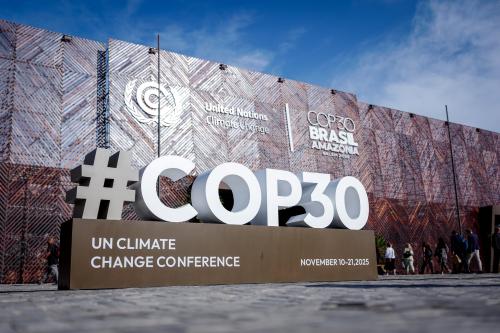Editor’s note: Follow up articles to this piece by Michael Cernea and other scholars were written for the Population-Environment Research Network Cyberseminar. In his follow up article, Mr. Cernea asserts that the climate change literature underestimates the risks of poverty and impoverishment. He argues the voluntary decision of some inhabitants living in climate change high-risk areas to migrate earlier than others will represent an important trend, which may sharpen the risks of dispossession and impoverishment for the migrants and their former communities.
This article was authored by the following people: Alex de Sherbinin, Marcia Castro, François Gemenne, Michael Cernea, Susana Adamo, Philip M. Fearnside, Gary Krieger, Sarah Lahmani, Anthony Oliver-Smith, Alula Pankhurst, Thayer Scudder, Burton Singer, Yan Tan, Gregory Wannier, Philippe Boncour, Charles Ehrhart, Graeme Hugo, Balaji Pandey, Guoqing Shi
ABSTRACT: Although there is agreement that climate change will result in population displacement and migration, there are differing views on the potential volume of flows, the likely source and destination areas of migrants, the role of climatic versus other factors in precipitating movements, and whether migration represents a failure of adaptation. The authors argue that climate change mitigation and adaptation actions, which will also result in significant population displacements, have not received sufficient attention. Given the emergence of resettlement as an adaptation response, it is critical to learn from research on development-forced displacement and resettlement. The authors discuss two broad categories of potential displacement in response to (i) climate impacts themselves and (ii) large-scale mitigation and adaptation projects. Additionally, they discuss policy approaches for facilitating migration and, where communities lack resources to migrate, suggest guidelines for organized resettlement.
View the full article at sciencemag.org » (subscription required).
The Brookings Institution is committed to quality, independence, and impact.
We are supported by a diverse array of funders. In line with our values and policies, each Brookings publication represents the sole views of its author(s).



Commentary
Preparing for Resettlement Associated with Climate Change
October 28, 2011